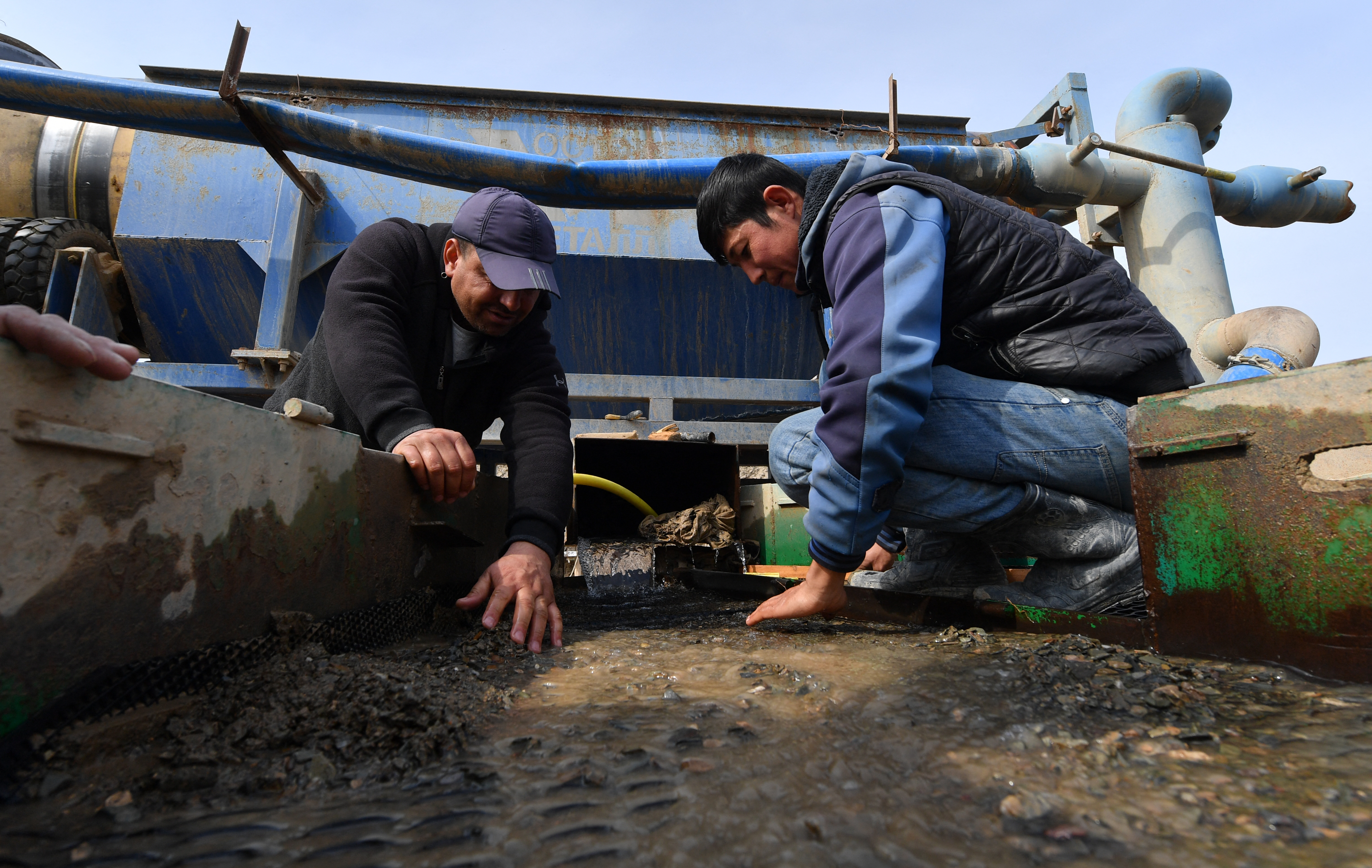Central, Eastern Europe Prepare for Worst Flooding in Decades
(Bloomberg) — Much of central and eastern Europe is on high alert as torrential rain falls across large parts of the region for a third day, threatening the worst flooding in decades.
Four deaths were reported in Romania during flash floods, with additional people not accounted for. More than 200 firefighters were on hand to help with evacuations.
Some 5,000 households have been affected by flooding across seven counties, with 160 people evacuated and about 100 rescued, said Romanian Interior Minister Catalin Predoiu. Prime Minister Marcel Ciolacu visited the worst-hit area of Galati county in the nation’s east, deeming it Romania’s worst flooding since 2013.
In some villages, residents climbed onto rooftops to avoid rising waters. Rescue efforts by the army and emergency services were underway by boat and helicopter. Rains are expected to continue into Sunday.
Heavy rain is falling in Austria and southern Germany, with snowfall at higher elevations in the Alps and unusually low temperatures — just a week after the region was sweltering with a much hotter than normal early September.
St Pölten, the capital of Lower Austria province, is forecast to get 30 centimeters (12 inches) of rain from the weather system, more than four times its monthly average for September. The town of Neunkirchen, south of the capital Vienna, will see an estimated 40cms.
Mountainous areas of Austria face 100cms to 150cms of snow, with the snow line typically as low as 800 meters (2,625 feet) above sea level, “but with heavier precipitation it can sink lower,” according to the Austrian forecasting service GeoSphere.
Railroad traffic has been halted on multiple lines due to snow and landslides, snarling freight movement. The heaviest rainfall was from Salzburg eastward to the Vienna Woods.
Austria’s wind speeds at altitudes above 1,400 meters reached as high as 147 kilometers (91 miles) per hour, and below 1,400 meters as high as 112 kmph. Vienna was whipped by winds gusting to 80 kmph along with heavy rains, and city authorities advised against unnecessary journeys.
Austrian Chancellor Karl Nehammer and Socialist candidate Andreas Babler cancelled campaign events ahead of the nation’s Sept. 29 elections.
Authorities have declared a state of emergency in some municipalities north of the Danube, where the Kamp River is forecast to reach century-high water levels. The Danube itself is expected to reach its highest in 20 to 30 years.
In Poland, Prime Minister Donald Tusk met with first responders on Friday in the southwestern city of Wroclaw. “There is no reason to panic, but there is a reason to be fully mobilized,” he said. By Saturday morning, at least a few hundred people had been evacuated in southwest Poland in advance of rising rivers.
The Czech Republic has mobilized about 100,000 firefighters to help erect anti-flood barriers in the most affected parts of the country.
Parts of villages in the northern region, near the border with Poland and Germany, have been cut off by rising rivers but authorities haven’t reported large-scale evacuations so far. About 60,000 households have lost electricity and dozens of trains have been cancelled, mainly due to fallen trees, the CTK newswire reported.
Two border crossings between Poland and the Czech Republic were closed due to flooding on local roads on the Czech side.
–With assistance from Peter Laca and Agnieszka Barteczko.
(Updates with Romanian PM, Austrian wind speeds from third paragraph.)
©2024 Bloomberg L.P.







